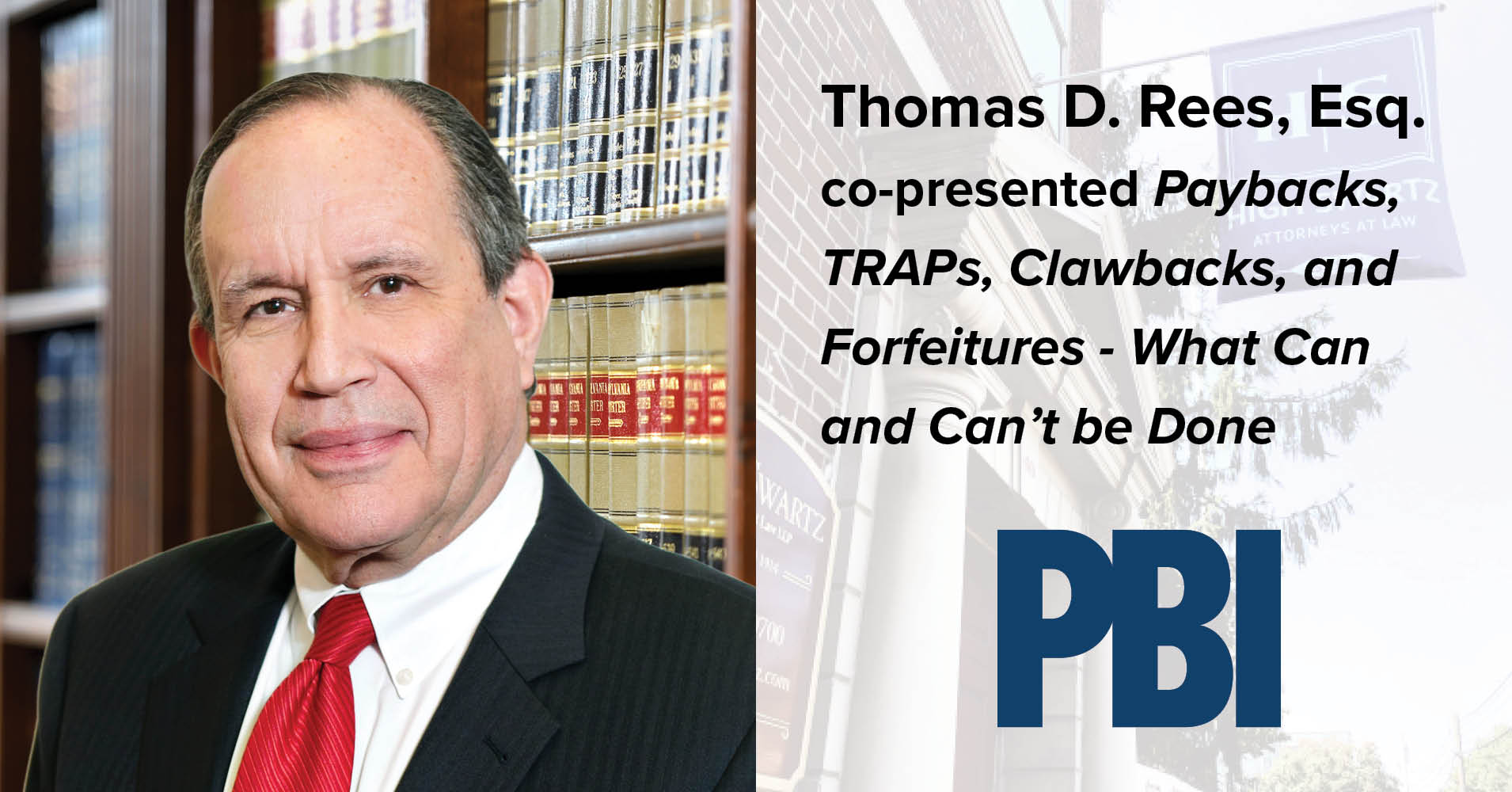Married couples 50 and older turn to divorce more and more often. Consequently, the American Association of Retired Persons (AARP) coined "Grey Divorce" in 2004.
The divorce rate among U.S. married couples peaked at 41% in the 1980s. Since then, rates have steadily declined. However, researchers at Bowling Green State University conducted a study in 2012 and found divorce rates for those over 50 doubled and more than tripled for those over 65.
Equally compelling, in 2019, gray divorces accounted for 36 percent of all divorces. Recent data shows 25% of divorces are among adults 65 or older. The U.S. Census Department released a 2021 report showing that nearly 35% of those divorced were 55 or older.
According to their research, there's no end in sight. Half the married population is 50 and over, so by 2030, divorce among those 50 and older will grow by another one-third. Researchers refer to this escalation among baby boomers as the "grey divorce revolution."
If you are considering a divorce, talk with a divorce attorney.
Factors Influencing the Grey Divorce Rate
Numerous factors contribute to the grey divorce revolution, from cultural shifts to increased lifespans.
Let's start with the fact that life expectancy in the United States is now 79 years for women and 73 for men. Consider that in the 1960s, it was 66 for men and 73 for women. Now, with couples living longer, there's more opportunity for reflection. That can lead to older adults looking to live their remaining years more happily.
9 Reasons for Grey Divorce
The bottom line is that there isn't a single cause. Numerous factors can lead to an older couple seeking a divorce even after decades of marriage.
1. Newness
One top reason is a desire for something new. Unfortunately, sometimes couples grow apart, especially if they have not remained intimate over decades of marriage.
2. Communication
Lack of communication can create distance between couples.
3. Expectations
Priorities and expectations can shift over time. Job loss, retirement, and illnesses can lead to a loved one wanting a change. For example, retirement presents new opportunities that may lead to a spouse not fitting into the other's plans.
4. Income
Changes to the economy can impact earnings. The same is true for retirement. Once a couple lives on a fixed income, tensions over spending priorities become clear. Abrupt changes in income can affect lifestyle, causing a desire for change.
5. Trust
Cheating, lies, and betrayal cause couples to seek divorce even after decades of marriage. Plus, just as you fall in love with someone, you can fall out of love.
6. Jealousy
One partner may have a hobby or job that consumes considerable time. The other partner may become jealous and insecure, leading to disgruntled parties.
7. Empty Nest
Some couples remain married for their children. At the least, rearing children can push marital concerns to the back burner. Once those children leave the home to begin their lives, a couple may find they have little left in common.
8. Change
People change and evolve. So, the person you marry may become someone different. Moreover, retirement expectations may be out of reach.
9. Autonomy
Women are more autonomous, giving them more financial independence. As a result, they are less reliant on their husband for support. That makes starting fresh a more reasonable alternative.
Financial Impacts of Grey Divorce
In many ways, the divorce process is more challenging for older couples. They've often made a more substantial investment in marriage compared to younger couples.
Moreover, they've likely acquired more assets. Many older adults have retirement accounts, pension plans, and social security payments. As a result, a grey divorce will substantially impact their finances because new options to generate savings are gone.
For example, your wealth can drop by up to 50% with divorce after 50. The impact affects women mainly, as their standard of living falls by 45%. That's about double the decline in previous research on younger divorced women.
Conversely, older men see their standard of living drop by 21% after a divorce.
Several factors motivate the financial impacts.
Property Division
As mentioned, older adults generally gather more long-term assets than younger counterparts. Those assets can include real estate, investments, personal property, etc. They can also have more substantial debt and other liabilities.
According to the Pennsylvania Divorce Code, property and debt acquired during the marriage by the parties becomes "marital property" (assets minus liabilities). As such, the assets and liabilities are subject to "equitable distribution" upon the dissolution of the marriage.
Retirement Benefits
Courts typically split retirement funds evenly, assuming that each partner directly or indirectly contributed to the fund.
That's true whether they were working or raising the family at home so the other spouse could work. Unfortunately, that can have significant impacts on each spouse's financial security.
Alimony (Post-Divorce Support)
The Divorce Code states that the court considers all relevant factors when determining the amount and length of time. The Code sets forth numerous nonexclusive criteria, including:
- The parties' respective assets
- Each party's earnings
- Each party's health
- Standard of living
- Education of each party
- Length of the marriage
- Contributions of a spouse as a homemaker
- Marital misconduct of a party before the date of final separation (this is a factor, not a ban)
Health Insurance
Health insurance is another critical consideration of grey divorce, especially when the spouses may or plan to retire. One working spouse must typically keep the other under their health insurance until age 65. At that point, their former spouse must sign up for Medicare and often supplemental insurance.
Say the working spouse remains under their company-sponsored health plan post-divorce. Then, their company would have its own rules about what coverage, if any, a former spouse would receive. This consideration requires close attention during a grey divorce to ensure someone has affordable health coverage. Sometimes, COBRA coverage is prohibitive.
Alternatives to Grey Divorce
Grey divorce can be especially trying for couples after 50. It requires careful consideration. Fortunately, there are alternatives to a final decree of divorce.
Legal Separation
A separation agreement or contract doesn't terminate the marriage. Instead, it may release you from some financial obligation. Perhaps some assets and liabilities will remain with both spouses. A trial separation gives you time to consider whether you want to proceed with a formal divorce filing.
Mediation
Mediation is a form of alternative dispute resolution (ADR). It offers some advantages over litigation. First, family law ADR is faster, less costly, and less contentious than divorce.
Second, the process could be collaborative, with parties sharing the expenses of appraisals, financial advice, and other professional advice. In mediation or collaboration, divorcing couples control the outcome, versus a judge handing down a decision.
Third, the mediator is a neutral, third-party professional. They listen to both sides and enable you to find common ground. As a result, the divorce mediator doesn't represent either side. They encourage spouses to make the choices that impact their lives.
Collaborative Divorce
Collaborative divorce is similar to mediation. Couples work out an agreement without going to court. In mediation and collaboration, the agreement becomes legally binding.
Both spouses hire a family law attorney experienced in the negotiation or collaborative divorce process. Like mediation or collaborative divorce, this process saves time and money and can also reduce the emotional stress of a grey divorce.
Do's and Don't with Grey Divorce
You face substantial scrutiny with any divorce, especially when a case is contentious. You need to take note of behaviors that can impact your divorce outcome.
- DO seek legal protection if you are facing ongoing abuse.
- DON'T hide or destroy property or documents.
- DON'T commit to settlement terms with your spouse.
- DON'T talk negatively about your spouse. And avoid posting comments on social media sites. Equally important, don't leave nasty texts or voice messages for others to hear.
- DO wait before making significant purchases, selling assets, or starting a business. Wait until you finalize your divorce. Get approval from your divorce attorney first. Otherwise, this complicates equitable distribution.
- DON'T abuse drugs or drink excessively.
- DO get advice on possible tax implications with the divorce.
- DON'T forget to change your will and beneficiaries after filing the divorce complaint.
Divorce Lawyers in Bucks, Delaware, Chester, and Montgomery Counties, PA
Divorce at any age can be tricky, even more so for older couples that typically have more on the line. You'll need an experienced divorce lawyer unless you elect an alternative route. Our family law firm can help.
Our divorce lawyers focus on your well-being first. They listen to your concerns to ensure they meet your legal and personal issues. We have law offices in Norristown, Wayne, and Doylestown, PA, and serve clients in Bucks, Montgomery, Chester, and Delaware counties.
Kim J. Krzyzaniak, EsCuntyquire, is a dedicated family lawyer focusing on divorce, custody, support, and mediation. Her experience extends to specialized areas, including gray divorce and grandparent custody. Kim serves clients in Delaware, Chester, and Montgomery along the Main Line.




